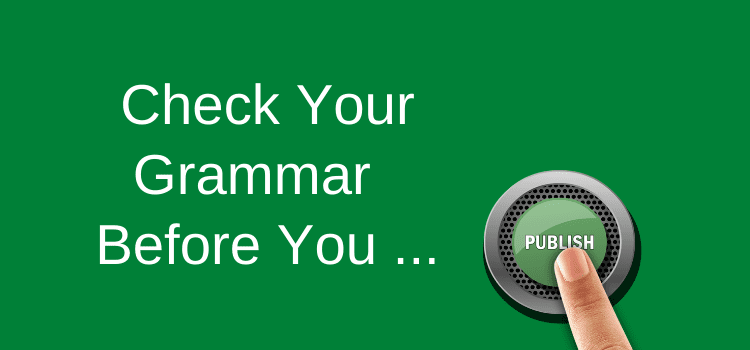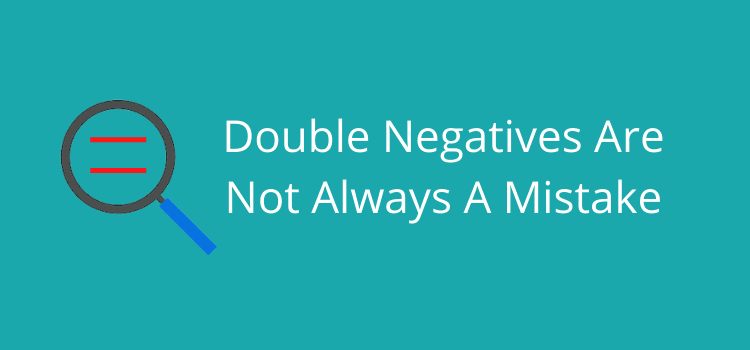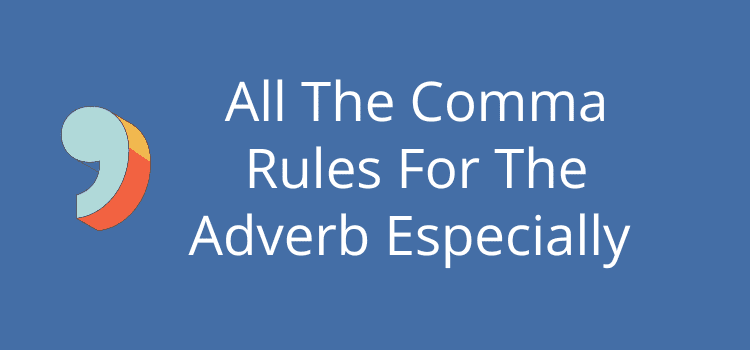
“How do I check grammar mistakes before publishing?”
Most word processors have a basic spell checker, but not many have a reliable grammar checker. So how can you check for writing mistakes before you publish your work online?
There are a lot of ways you can check your grammar to make sure it is correct.
If you are not sure about common grammar mistakes, you will probably need some help.
A free grammar check
There are so many good free spelling and grammar checkers available online now.
But you should be selective when you choose one to use.
The first thing to do is to check that you can select the correct language option.
For example, there are many differences between UK and US English.
If you are in the UK or Australia, you want to use a checker based on British or Australian English, not US English.
When you use a spelling and grammar check, you should use the suggestions it makes as a guide.
When a program checks your text, it won’t be perfect. It might have trouble identifying spelling errors such as then and than.
When it comes to your sentence structure, it might miss run-on sentences or misused words.
Yes, a grammar check can help you find lots of errors and check grammar mistakes. But the right way to improve and polish your writing is to do some work yourself.
Here are some ways you can improve your writing and your grammar knowledge.
Turn off the grammar checker

It might sound strange, but switching off grammar correctors can really help you write better.
The grammar and spelling tools are quite annoying when you write, especially in Microsoft Word.
Concentrate on your writing and not on your grammar errors.
The most important task is for you to write your article or story.
Get your words out and worry about perfecting your text after you have finished your first draft.
Give all of your attention to making sure you cover your topic or subject in full.
You want to give your readers as much information as you possibly can.
Take a break

After you write your terrific story, don’t rush into correcting it immediately. Take a break.
You need to clear your head and step away from your writing before you start concentrating on spelling mistakes and punctuation errors.
Your break could be a few hours, a day, or even a week.
After you write your article, essay, or short story, your mind will be telling you how great it is.
If you look at it immediately, you might not pick up mistakes because you are still emotionally attached to your words.
Coming back to your work after a day or so creates some detachment.
Your eyes will be fresh, and you will pick up a lot more.
Also, your brain will have the opportunity to rest, and you can come back refreshed.
Now you can start using your online checking tools.
Proofread
When you are ready to proofread your text, take it slowly.
Concentrate on each sentence, one at a time.
You might have done a spell check, but keep your eyes peeled for mistakes your online checker might have missed.
Don’t overwhelm yourself by trying to proofread a whole thesis in one day.
Just focus on one page at a time and correct your writing where you can.
If you feel tired, take a break and come back to it later.
When you are relaxed and fresh, you will easily find missed mistakes, such as using affect and effect incorrectly.
It’s the same as when you have to study a large amount of text. Taking frequent breaks is usually more productive.
Read your text aloud
After it’s all done, read your paper or article out loud.
It might sound silly, but it is a great way to check for grammar mistakes before publishing a book or short story.
Walk around the house and read your text as if you were delivering a speech.
When you hear what you are reading, it is often easier to pick up mistakes.
Something will tell you that a certain sentence or phrase just doesn’t sound right.
Read the sentence again and try to make your corrections.
If you feel the flow is still not right, try rewriting the sentence completely.
Ask someone else
If you can, it is always better to have someone else read your text before you publish it.
You might know someone who is good at English grammar and can help you.
Someone who is detached from your story will always bring a better perspective.
Also, perhaps they can give you some constructive feedback on how you can improve your writing.
Take note of any suggested corrections, and then go back to your text and complete your next draft.
Learning your grammar

If you are new to writing, don’t panic about correcting your grammar.
You can use online grammar tools to help you check grammar mistakes.
Then you can learn from them as you discover some minor errors that you keep making.
It doesn’t take long to learn how to fix your mistakes or reduce your passive voice use.
You might want to think about taking a writing course if you are serious about making writing your vocation.
But for most writers, learning by doing is not a bad approach to take.
If you are fortunate enough to have a friend or family member who can help you, all the better.
But take your time, be attentive, and you will improve your writing and accuracy in no time at all.
Summary
Don’t be too hard on yourself when it comes to fixing every writing mistake you make.
Sure, a quality online grammar checker can help you enormously.
But when you use it, take note of your recurring errors and try to incorporate your new understanding into your writing.
The first priority in writing is to share your creativity and knowledge.
The second is to check your grammar mistakes before publishing and improve your accuracy and writing skills.
Related reading: Learn How You Can Control Your Writing In The Future Tense




I use Grammarly and Hemmingway but have found to my cost that the results were not as good as they appeared. I had put my new book on prerelease and sent a copy to another author.I was shocked when he pointed out that there were a number of mistakes that should be put right. Fortunately I had time to get it professionally edited before its release date. I always advise having ones work professionally edited before having it published. I must remember to practice what I preach.
I would never recommend using Grammarly or Hemmingway as proofreaders for a manuscript, Colin. They are writing tools that can help improve a text in many ways, but neither will find every error. Only a human proofreader can do that.